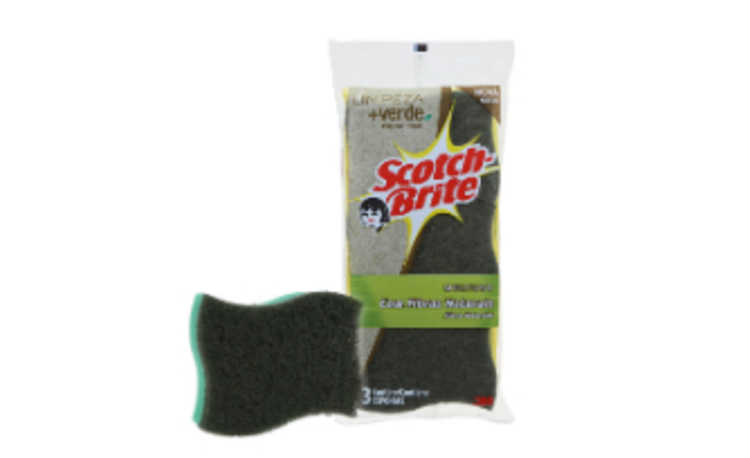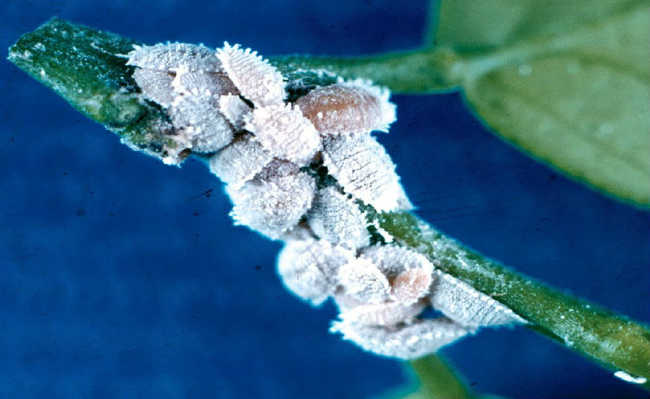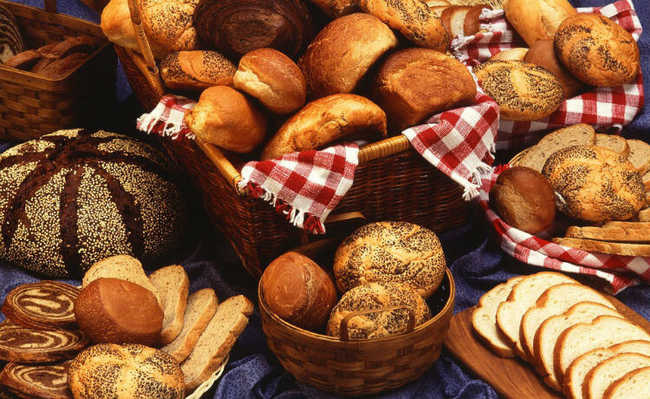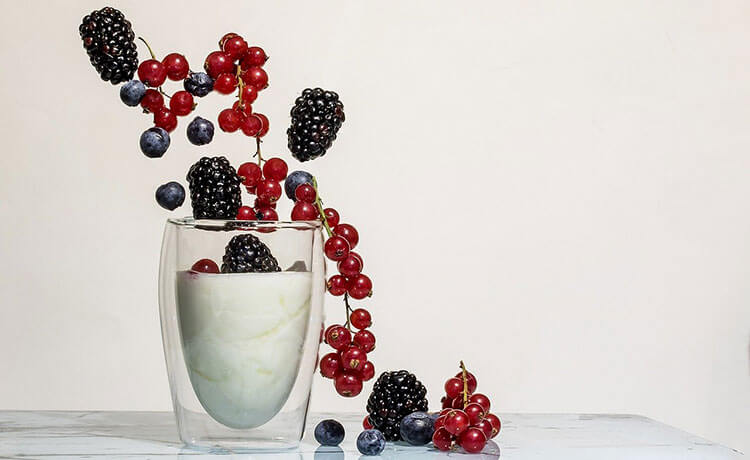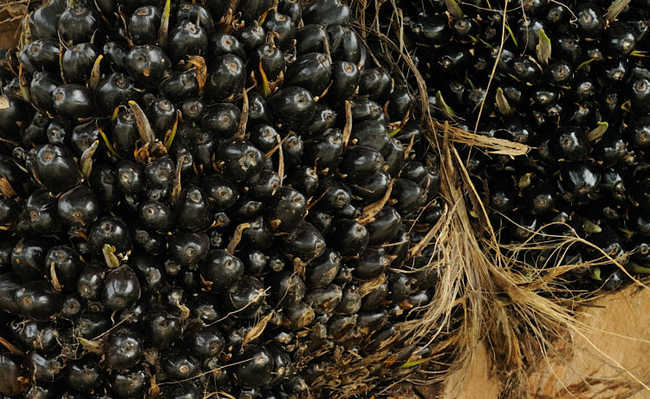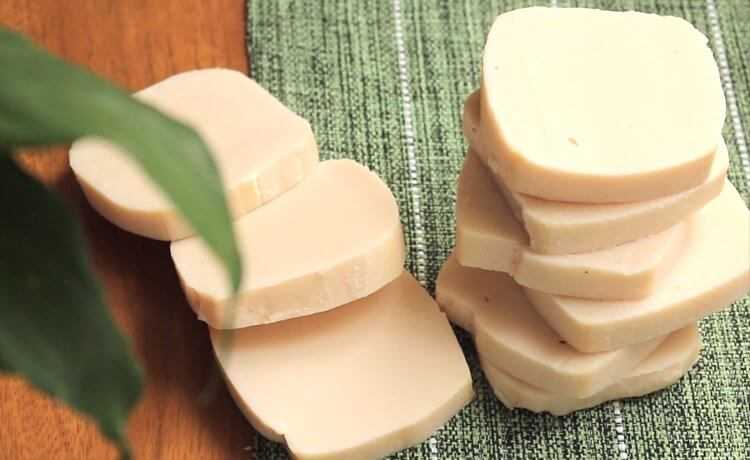Does altered cholesterol have symptoms? Know what it is and how to prevent it
High cholesterol is prevented mainly by avoiding processed food, hydrogenated fat and sugar

Cholesterol is an alcohol present in cells that plays an important role in transporting blood plasma. Cholesterol is essential for the life of mammals and is not found in any plant-derived product. However, there are two types of cholesterol, good and bad.
Bad cholesterol has been linked to the leading causes of death worldwide. According to the WHO (World Health Organization), in recent years, chronic diseases are the ones that kill the most, with ischemic heart disease and stroke leading the way. And both have been linked to high cholesterol (hypercholesterolemia), otherwise known as bad cholesterol.
All these problems can be linked to poor diet, such as excessive consumption of meat (bacon, sausage, barbecue, shrimp, oysters, etc.), dairy products (cheese, cream, butter, etc.), fried foods, eggs (cakes , pies), and industrialized in general (cream ice cream, breads, sugar and white rice, for example), but also to other unhealthy lifestyle habits, such as excessive consumption of alcohol, coffee, cigarettes, exposure to atmospheric pollution, among others .
HDL cholesterol and LDL cholesterol
There are two main types of lipoproteins that allow the transport of cholesterol. And they are classified according to their density. There's LDL cholesterol, which stands for "low-density lipoproteins." Low Density Lipoproteins or LDL ), and HDL cholesterol whose acronym stands for "high-density lipoproteins" (in English: (High Density Lipoproteins or HDL ).
LDL cholesterol, popularly known as bad cholesterol, according to Rudolf Virchow's hypothesis, has harmful actions on blood vessels, being responsible for the formation of atherosclerotic plaques (or, commonly speaking, fatty plaques).
HDL cholesterol is able to absorb cholesterol crystals that start to deposit on the walls of arteries and veins (slowing down the atherosclerotic process). And that's why it has been called "good cholesterol".
High cholesterol
Altered (high) cholesterol is an indication of decreased life expectancy. That's because, over the years, high cholesterol has been linked to premature deaths from cardiovascular disease, with most deaths caused by heart attack (infarction) and by vascular and stroke - stroke (brain stroke.
According to WHO, high values of total cholesterol, LDL and triglycerides, and low values of HDL are risk factors that lead to the development of cardiovascular diseases.
Both heart attacks and strokes occur when clots interrupt arterial blood circulation, preventing the transfer of oxygen to the heart and, respectively, the brain. Clot formation occurs within an atheroma, which is a fatty plaque, as a result of an inflammatory process called atherosclerosis.
The video explains about the development of atherosclerosis and its relationship to LDL cholesterol and HDL cholesterol.
High Cholesterol Symptoms
One of the problems with high cholesterol is that it has no symptoms. When the consequences of high cholesterol come, it may be too late, so be careful.
To know how your cholesterol is doing, you need to take a test that measures the level of total cholesterol in your blood.
What is total cholesterol?
Total cholesterol is the sum of LDL cholesterol, HDL cholesterol and another lesser-known lipoprotein, VLDL cholesterol, which stands for "Very Low Density Lipoprotein". VLDL cholesterol is secreted by the liver, transported to peripheral tissues and is mostly composed of triglycerides.
Cholesterol Medicine
Among the cholesterol remedies recommended by doctors and female doctors are simvastatin, reducofen, lipdil and lovacor, among others. But in addition to conventional treatment, and even as a way to prevent the development of bad cholesterol, it is necessary to maintain good eating habits.
According to the Arquivos Brasileiros de Cardiologia, the consumption of saturated fat and trans fat is classically related to elevated plasma LDL-c and increased cardiovascular risk. Replacing saturated fat in the diet with mono and polyunsaturated fat is considered a strategy for better control of high cholesterol.
These two types of fat are believed to increase the amount of HDL cholesterol in the blood, which allows for optimization of the reverse cholesterol process.
However, on this aspect, there is controversy.
Some researchers on the subject claim that the problem is not saturated fat (which can be found in olive oil and coconut oil, for example), but in processed food, hydrogenated fat, and sugar.
In addition, a study published by Annals of Internal Medicine points out that a diet with low carbohydrate intake would be more efficient for the prevention of cardiovascular disease. The study is based on the principle that the liver transforms all food surplus into fat, which will accumulate in the tissue and can initiate atherogenesis processes. Thus, what would lead to an increase in LDL would be the high availability of calories in the body, not the source of fat.
Anyway, the consensus is that a balanced diet, the consumption of fruits and vegetables and the practice of physical and aerobic activities are efficient strategies to prevent the development of cardiovascular diseases.
How to prevent high cholesterol
According to the report published by WHO, measures to prevent high cholesterol are:
- Avoid foods that contain saturated fat such as: butter and other dairy products, processed meat (sausages, hamburgers, among others), chocolate, egg yolk, pork, lard, among others.
- Moderate consumption of products that contain unsaturated fat: sunflower oil, pumpkin seeds, sunflower seeds, chestnuts, walnuts, almonds, among others.
- Consume at least five servings of fruits and vegetables daily: banana, orange, mango, apple, tomato and cooked vegetables.
Fruits and vegetables contain substances that protect blood vessels and the tissues of the brain and heart, helping to prevent heart attacks and strokes, the ideal would be the consumption of something around 400 to 500 grams. Although the effectiveness of this type of diet varies from case to case, the consumption of fruits and vegetables guarantees the intake of essential micronutrients for the body. Therefore, it should be encouraged anyway.
To learn more about this topic, take a look at the article: "Circulatory system cleansing foods: myths and truths".
Aerobic physical activities help maintain body weight, lower the level of sugar and fat in the blood, reduce blood pressure, improve blood circulation and strengthen the heart muscles; then it's also worth putting this habit into practice.

